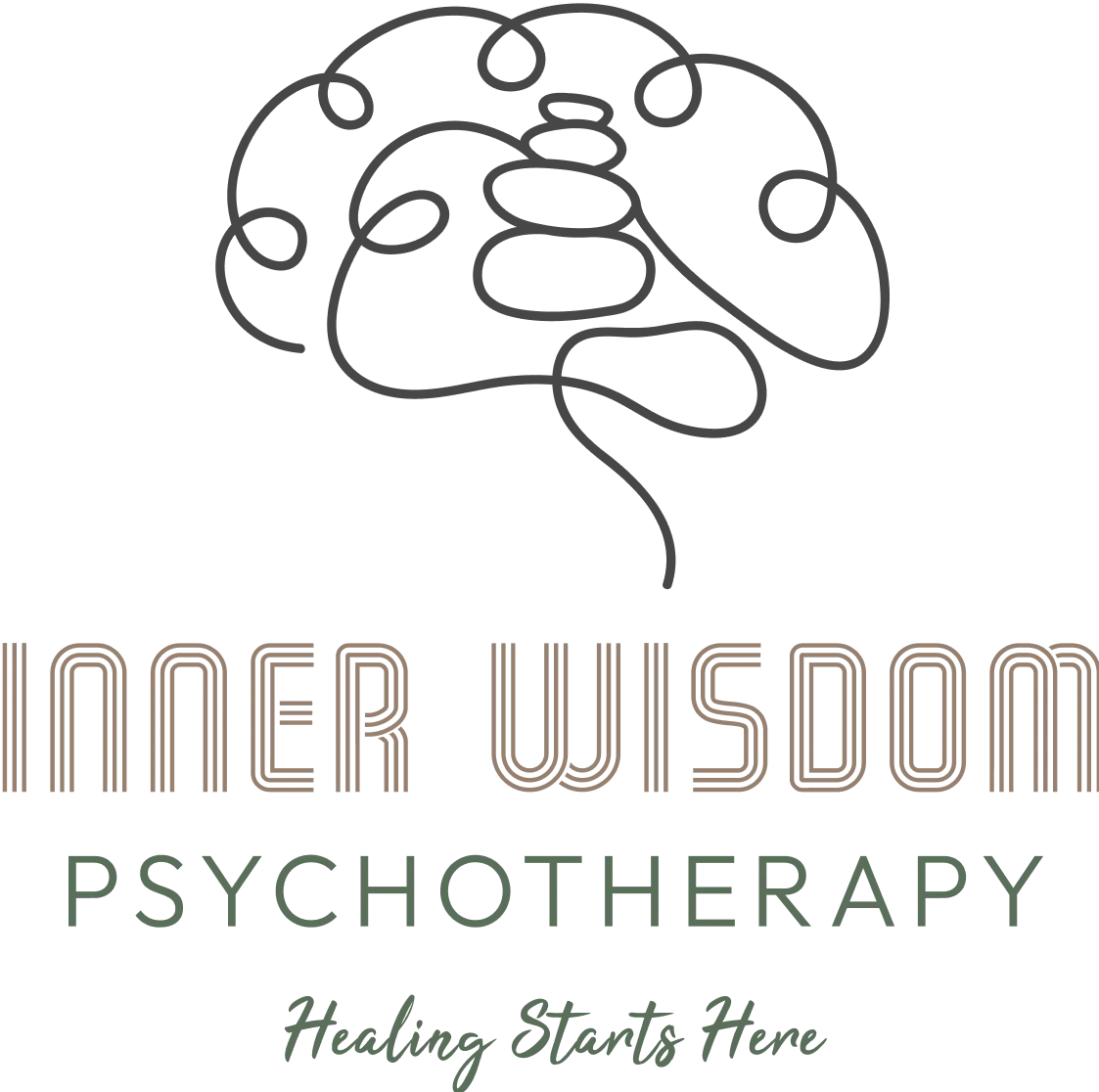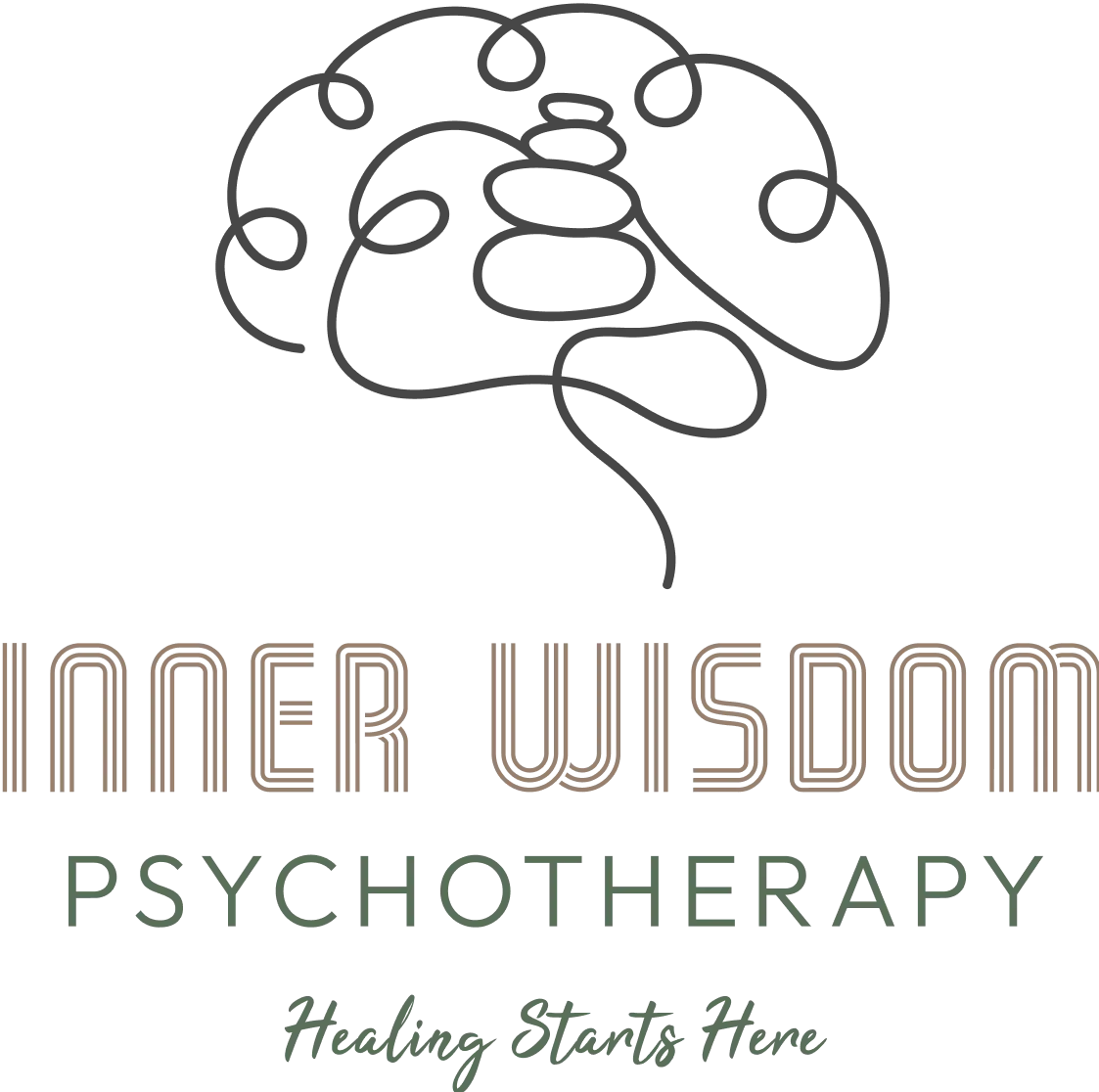
Navigating Substance Use Recovery: What You Need to Know in Ontario, Canada
The Path to Getting Sober: What you Need to Know
If you or your loved one suffers from addiction, feelings of overwhelm, confusion and frustration are likely constant emotional states you experience in your daily life. Not only does the addiction itself feel impossible to deal with, but trying to find help and navigate the ins and outs of addiction supports can feel complicated. You may only know about inpatient rehabs or AA. Not having the correct information can be scary and overwhelming and make a person step back from getting the help they so desperately need.
I am going to provide you with a clear list and breakdown of the types of addiction services available for anyone struggling with substance use concerns. And the great news is, all of these services are available in Ontario, Canada, and are self-referral—meaning you can contact them directly to sign up for their services. Most services are OHIP covered, some have costs involved, and each service will have varying wait times.
Services Available for Addiction Recovery
1. Addiction Medicine – these are specialised medical clinics in the community that prescribe anti-craving medications and opioid-replacement therapy. Some of these clinics also offer supportive counselling.
2. Withdrawal Management Programs – you may have heard of these as detox programs. This is where a person can safely detox from alcohol or drugs, under the care of addiction workers, in an inpatient setting. For inpatient detoxes, the typical stay is 3-5 days. There are also community-based detox programs where individuals will detox from the comfort of their home with addiction workers checking via phone or in-person visits.

3. Individual and Group Psychotherapy – individuals can meet with a psychotherapist for individual therapy or group therapy. You choose how often you want to meet for therapy. Sessions are often weekly or bi-weekly.

4. Day Treatment Programs - this is a more intensive addiction support option as it provides structured programming ranging anywhere from 2 – 14 weeks. Each week, a person will attend a 3 -4 hour treatment session three to five days per week. Individuals will attend a mix of individual and group therapy each day but still live at home. Most of the day treatment programs can accommodate your work schedule.

5. Inpatient Addiction Treatment – this is the most intensive treatment option. Individuals live in a facility and receive addiction treatment daily. Each inpatient treatment program is different. They can range from two weeks long to being one year in length. Some are co-ed while others are specifically for men or women. Some are based on AA teachings while others are based on a medical model or biopsychosocial approach to addiction.

6. Peer Self Help Groups – while these are not professional or formal treatment options, peer groups such as SMART Recovery, AA and Women for Sobriety provide connection, support and understanding with others working on staying sober. They also provide a community of supportive and sober friends.

Deciding on the Correct Path to Take
When trying to decide which support option is best, you and your loved one will need to consider readiness to stop, fit of service and intensity of support needed. Here are some questions that can help you decide:
Is this your first time reaching out for addiction help?
Do you have positive and helpful support in your life?
Are you feeling ready and motivated to make change?
Do you want to taper back or go 'cold turkey'?
Do you need more frequent therapeutic contact?
Do you thrive better with structure?
Do you struggle with talking in group therapy?
Do you need to be away from temptations to use substances?
How I work with Clients to Create a Path to Recovery
While it can be helpful to see the options available for addiction support, more options can sometimes lead to confusion and uncertainty. You may be thinking:
What if I choose the wrong service?
I’ve tried help in the past and it didn’t work?
I think I need a few of these supports!
Like any change, stopping addiction takes work and commitment. It’s not an easy path but recovery is life changing and worth it.
As a psychotherapist specializing in addiction in Ontario, Canada, I will help you create your path to recovery. I help my clients with every step, so they don’t have to do this alone. In addition to therapy sessions, a big part of my work with clients includes linking them to addiction medicine clinics, assisting them with day treatment and inpatient treatment applications, and determining when more intensive support is needed.
By exploring your history of substance use, any past involvement with addiction services and current supports and barriers to accessing services, we decide which services would be the best fit for you.
Some of the recovery paths I’ve created with clients include:
Weekly psychotherapy sessions with the help of anti-craving medication support
Relapse prevention psychotherapy sessions every two weeks following completion of inpatient addiction treatment
Biweekly psychotherapy sessions, with implementation of an alcohol tapering plan, to prepare a client for going back to work sober
Weekly psychotherapy sessions while awaiting admission into a day treatment program
Next Steps for Addiction Recovery

One of the key things I tell my clients is that when they are ready to make changes to their substance use, I work with them to create a plan that feels comfortable, provides them with choices and goes at a pace that feels right. We also decide if cutting back slowly or choosing a ‘stop date’ would be the most helpful. There are many ways to get your substance use back in control and the first step is reaching out for support.
If you are thinking about cutting back, taking a break or stopping your substance use, I would enjoy talking with you about how we can make this goal possible. I encourage you to book a free consultation with me.



